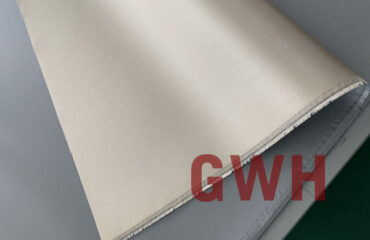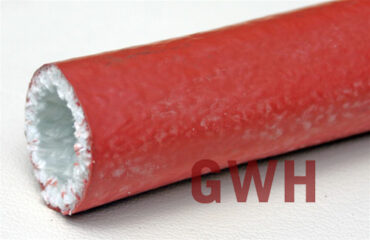Thermal insulation material refers to the material that can block the heat flow transmission, also known as thermal insulation material.
Thermal insulation materials are used for building envelope or thermal equipment, materials or material complex of impedance heat flow transfer, including both thermal insulation materials and cold insulation materials. On the one hand, the thermal insulation material meets the thermal environment of building space or thermal equipment, on the other hand, it also saves energy. Therefore, some countries regard thermal insulation materials as the “fifth largest energy” after coal, oil, natural gas and nuclear energy.
In the selection of thermal insulation materials, in addition to the thermal conductivity of the material (the thermal conductivity is not more than 0.175w / (m · K)), the water absorption, combustion performance, strength and other indicators of the material shall also be considered.
Fiberglass material is a typical thermal insulation material. Glass fiber refers to the fiber-like material processed by high-temperature fusion of glass, with a diameter of about 10 microns. It has the characteristics of good insulation, strong heat resistance, good corrosion resistance, high mechanical strength and non combustion. It can significantly improve the energy efficiency of the building, and it is cheap and good. It is widely used in thermal equipment and pipeline insulation, and has the characteristics of non decay, non combustion and high temperature resistance.




